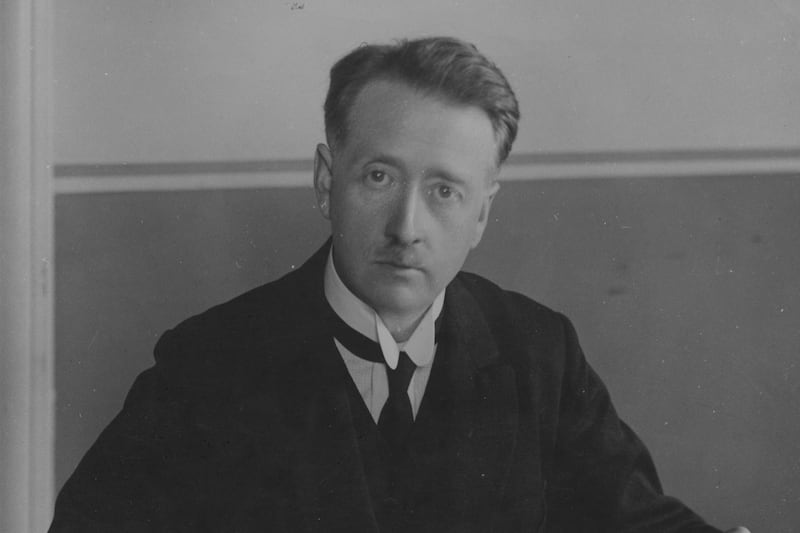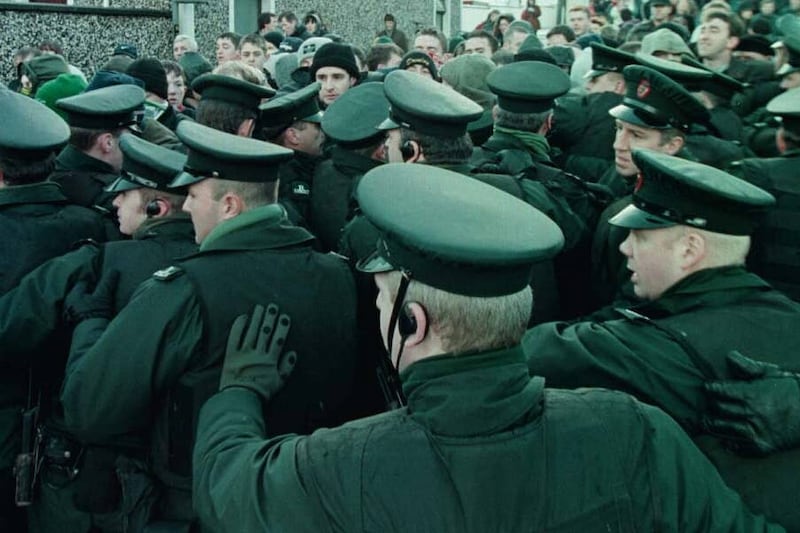January 17 1925
A question as old as the existence of the British system of Poor-Law which was forced upon Ireland nearly 90 years ago arose last Thursday at St Pancras, London, in connection with the case of a woman and child who had become chargeable to the Guardians of the London area, and who had been deported, or “repatriated”, to Dublin. The St Pancras Guardians had before them an Order made by the Commissioners who are now administering Poor-Law affairs in Dublin, these officials said: -
“We are not aware of any power, having regard to recent legislation, to transfer any paupers to this country. We have here cases coming from England, and have, similarly, no power to send them back”.
One Mr Solomon, JP, said at the St Pancras Board meeting that “if the Irish people could not get a living in their own country, he did not see why London should be burthened with them”. Perhaps the idea of being deported to the land of his own forebears if misfortune laid its hands on him would not commend itself to that wise Solomon. Particulars about the case considered by the London Board have not been furnished; therefore it cannot be discussed on the merits. But the Dublin Commissioners pointed to a big change in law and practice made by “recent legislation” – to wit, the Treaty and the Acts that have sanctioned it. Irish men and women emigrated to England and Scotland while they were young. They settled down; they gave the energy and capacity for labour of their youth, middle age, and often the hale years of old age, to the service of the country in which they lived; their work increased its productiveness and wealth; they devoted their lives to that country: then, when they could earn a crust no longer, when helpless age found them poverty-stricken, the honest Guardians of the Poor in England or Scotland calmly deported them to the Irish districts they had left 40, or 50, perhaps 60, years previously. The places of their nativity had reared them as workers for the welfare of another country; Ireland had never benefitted in the slightest degree by their existence; Ireland supplied them to Britain; when Britain had squeezed the last ounce of sweat and shilling’s worth of toil out of them, she returned their exhausted bodies for burial at home.
Irish News editorial questioning the fairness of the British policy to deport Irish people back to Ireland once they fell on hard times.




